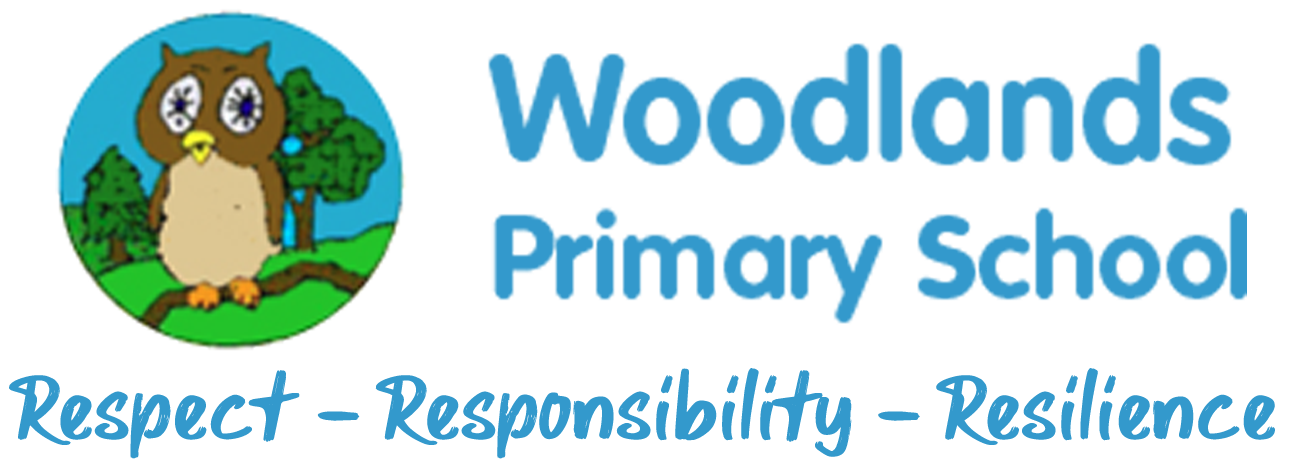Maths
Intent
When teaching mathematics at Woodlands, we provide a mastery curriculum where children can build on their prior learning and work on relevant knowledge and skills which provide the foundation for secondary mathematics learning. Our curriculum encourages mathematic curiosity and fluency within all pupils, including those with SEND and vulnerable children. All learners are exposed to a wide range of mathematical thinking and are supported using Bruner’s three modes of representation, having access to concrete resources, pictorial representations and abstract concepts.
We incorporate sustained levels of challenge through varied and high-quality activities with a focus on fluency, reasoning and problem-solving. Pupils are required to explore mathematics in depth, using mathematical vocabulary to reason and explain their workings. The mastery curriculum allows for opportunities to rehearse and secure mathematical fluency, encouraging their confidence in mathematics. This allows children at Woodlands to approach mathematics in their later life experiences with confidence and resilience.
The end points in each topic are clear and in line with the national curriculum. The scheme of work allows for key topics to be broken down into manageable chunks of knowledge and skills which are revisited within the topics. Arithmetic and Number Sense allows children to have further opportunities to secure and encourage their fluency and confidence.
Implementation
We implement our approach through high-quality teaching, delivering appropriately challenging work for all individuals, including those with SEND and vulnerable children. Throughout the year there are also opportunities to celebrate our learning in mathematics through our involvement with Times Table Rockstars Day. Long term plans are in place to ensure a cohesive mastery curriculum. We follow the White Rose Scheme of Learning whilst also using a range of resources to supplement and support the scheme, including those provided by the White Rose Hubs and NCETM.
To support our learning in class we have a range of mathematical resources in classrooms including Numicon, Base10, counters, place value counters and number lines. Their learning is also reflected on their working walls within their classroom which can be used to support learning.
As teachers at Woodlands, we are continually striving to better ourselves and frequently share ideas, reflecting on activities and lessons that have been particularly effective. We also regularly take part in training opportunities, networking events and staff meetings.
Mathematical content is taught clearly, where understanding is checked systematically through formative assessment allowing misconceptions to be addressed, providing pupils with timely feedback to ensure their knowledge and understanding in developed fluently. Where appropriate, formative assessment and observations are used to inform our discussions in termly Pupil Progress Meetings and to update our summative school tracker. The main purpose of all assessments is to always ensure that we are providing excellent provision for every child and addressing any gaps in their learning.
Throughout the curriculum, teaching is designed to revisit and retrieve learning from previous topics and learning in previous years. This is often done through White Rose Math’s Flashback 4. This allows our children to integrate their knowledge into new, larger concepts.
Impact
At Woodlands, our curriculum ensures all pupils, from all backgrounds and starting points, have equal opportunities to reason mathematically, build on their fluency and solve problems accurately. Our children will see the purpose of mathematics in their later learning and understand the relevance of mathematics in the modern world. As a result of a mastery approach, children will build upon their skills year on year and can apply their skills to create solutions to problems.
Our school approach at Woodlands encourages collaborative learning and articulation of ideas alongside independence skills within fluency approaches. The teaching of mathematics is monitored throughout the school whilst monitoring the pupil’s progress to ensure an effective curriculum is implemented.
Children at Woodlands, from their starting points, make good progress over time in mathematics. They encounter challenges and demonstrate resilience and confidence when approaching their work.
